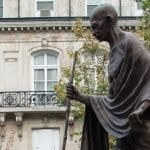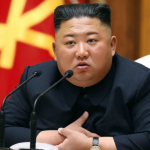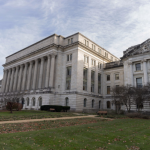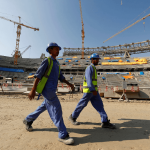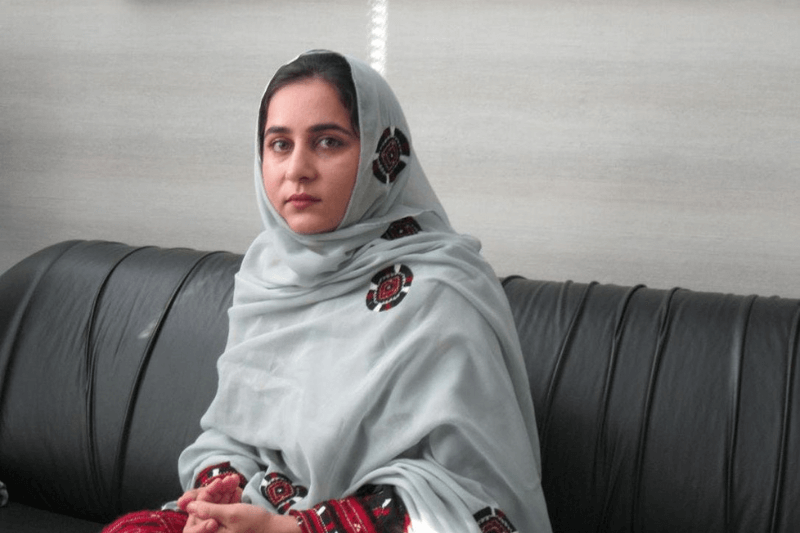
did canada ignore the murder of baluch activist karima baloch
Canada Prime Minister Justin Trudeau is once again facing the heat, this time for the unsolved murder of Baluch activist Karima Baloch in 2020. This case has once again come up in the limelight as the Canadian government recently said Indian agents were behind the killing of Khalistani leader Hardeep Singh Nijjar.
These two cases are quite similar as Pakistani agents were believed to be behind the brutal murder of Baloch, who was a Pakistani human rights activist living in exile in Canada. Her body was discovered in a lake in Toronto after she was reported missing. It was a mysterious kidnap and murder case.
The Canadian police investigated the 37-year-old’s death as a “non-criminal death”. However, Pakistani and Baluch dissidents say Karima Baloch had been killed in a strikingly similar manner as Sajid Hussain, whose body had been found in a river in Sweden in May 2020. Its believed officials from the Pakistani Army and its Inter-Services Intelligence (ISI) were involved.
What Did Canada Do?
The Canadian government has taken no action to determine as to why the human rights activist was killed. Now that the Trudeau-led government is trying to get to the bottom of the killing of Hardeep Singh, the Baloch Human Rights Council of Canada wants to know what the government has done in regards to the Karima Baloch murder case.
Keep Reading
The council demands to know why no action has been taken against Pakistan. It also questioned Prime Minister Justin Trudeau’s silence in the Karima Baloch case compared to the Hardeep Singh Nijjar case. “This discrepancy raises concerns about the Canadian Government’s consistency and fairness, particularly with regard to its handling of Balochistan’s ongoing human rights violations by the Pakistani Army.”
The Baloch Human Rights Council of Canada believes that the Canadian government’s reluctance to solve the Karima Baloch case may be linked to electoral considerations. It highlighted that the Baloch community in Canada is small and lacks the electoral influence to significantly impact the selection of representatives in Parliament.
Balochistan Human Rights
Balochistan is riddled with human rights violations and has a history of enforced disappearance. It is one of the largest provinces in Pakistan, but shares borders with Iran and Afghanistan. The people of Balochistan wanted to be an independent country and a section rose up against accession to Pakistan in 1948.
Over the years, there has been separatist insurgency and internal conflicts, and increasing militancy. Pakistan tried to tackle this once and for all via the China-Pakistan Economic Corridor (CPEC) projects, but this only made it worse.


